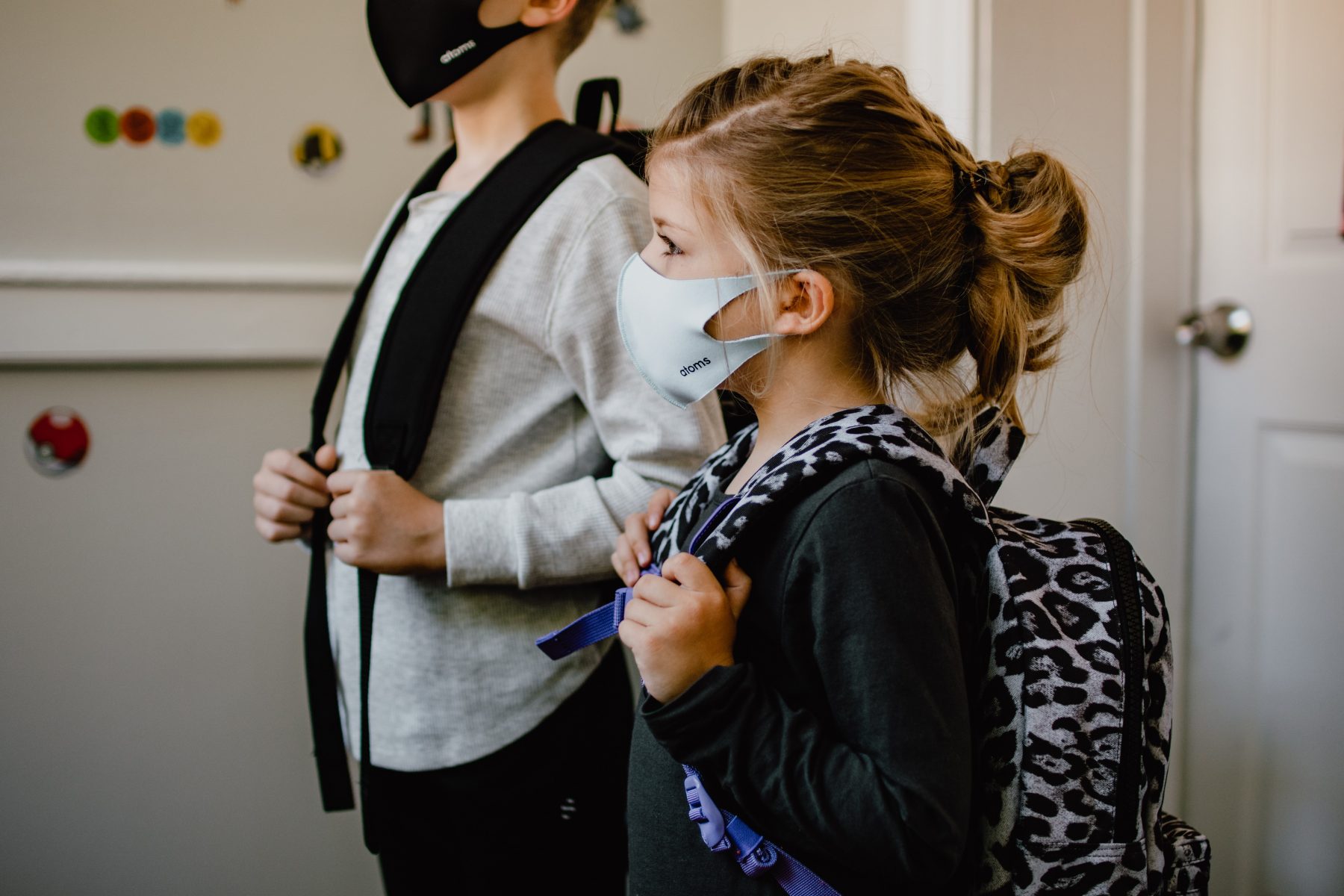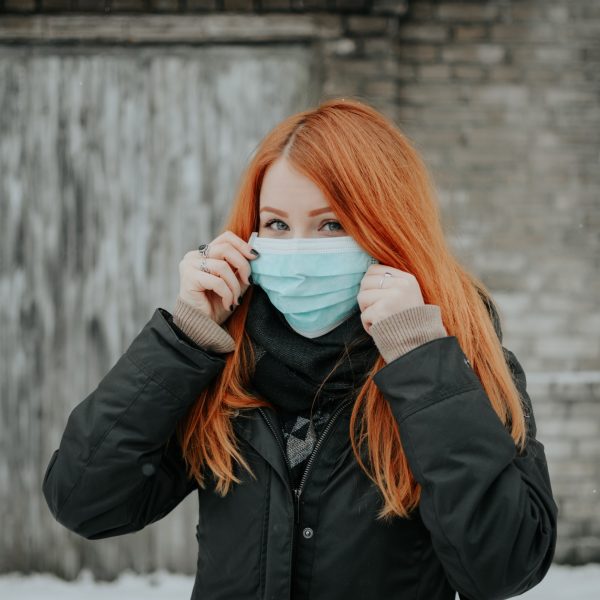Study shows children wearing masks associated with reduced COVID-19 related ECEC closures

A new Yale University study has found that childcare programs in the United States that practiced ‘child masking’ (children wearing masks) early in the COVID-19 pandemic (May-June 2020) experienced a 13 per cent reduction in program closure within the following year, and continued child masking throughout the one-year study period was associated with a 14 per cent reduction in program closure.
The study followed the experiences of over 6,000 staff working in centre-based and home-based early childhood education and care (ECEC) settings from all 50 states during a one-year period (May/June 2020 through May/June 2021) as part of a series of studies aimed at informing policies regarding the health and wellbeing of children in childcare programs, as well as the 1.1 million childcare professionals who care for them.
It is believed to be the first large-scale longitudinal study of the potential effects of various safety measures used to reduce the spread of COVID-19 in childcare programs and keep this essential service open for working families.
During the study period, 43 per cent of childcare programs had closed at least temporarily due to a suspected or confirmed case of COVID-19 in either a child or staff member, researchers said.
Although several safety measures were studied (e.g., adult and child masking, six-foot distancing, staggered arrivals and departures, outdoor drop-off and pick-up), child masking emerged as the strategy most associated with reduced childcare closure rates, keeping children in safe learning and care environments and allowing working parents and childcare providers to remain employed, researchers said.
Six-foot distancing of seating and cots in childcare facilities, when used over the one-year period, was associated with a 7 per cent reduction in the odds of COVID-19-related childcare closure. The study controlled for the degree of local COVID-19 transmission in the community.
“We have been seeing increased numbers of children, especially young children not yet able to be vaccinated against COVID-19, admitted to our children’s hospital,” said Thomas Murray, Associate Medical Director for Infection Prevention at Yale New Haven Children’s Hospital and the study’s lead author.
“It is heartening to know that following child masking recommendations for children two years and older may be an effective means for keeping young children in childcare programs and potentially lowering their risk for COVID-19.”
Although the study provides encouraging evidence for the effectiveness of child masking, only 9 per cent of childcare programs required children two years and older to wear face masks during the early months of the COVID-19 pandemic. That percentage increased to 33 per cent by May and June 2021. Masking rates were much higher for staff members, with 64 per cent reporting that all adult staff were wearing masks in May and June 2021.
Research has shown that children two years and older can safely wear masks in childcare settings. “It’s the disruptions in learning opportunities and care routines that harm children, not the masks,” Professor Walter Gilliam, fellow senior author added.
“It is our responsibility to protect our young children by providing them with safe learning environments,” Professor Gilliam said. “We need to remember that young children are incredibly observant. If they cannot see us smile with our mouths, they still will see us smile with our eyes or in the way in which we talk with them. Masks don’t harm children; COVID-19 does.”
The study was conducted before the highly contagious omicron variant became the predominant strain of COVID-19 in the United States. “It is possible that child masking may be even more important during the current surge of cases caused by omicron,” Dr Murray explained.
For an embargoed copy of study, email [email protected]
Popular

Quality
Practice
Provider
Research
Workforce
Honouring the quiet magic of early childhood
2025-07-11 09:15:00
by Fiona Alston

Quality
Practice
Provider
Workforce
Reclaiming Joy: Why connection, curiosity and care still matter in early childhood education
2025-07-09 10:00:07
by Fiona Alston

Workforce
Policy
Quality
Practice
Provider
Research
ECEC must change now, our children can’t wait for another inquiry
2025-07-02 07:47:14
by Fiona Alston













